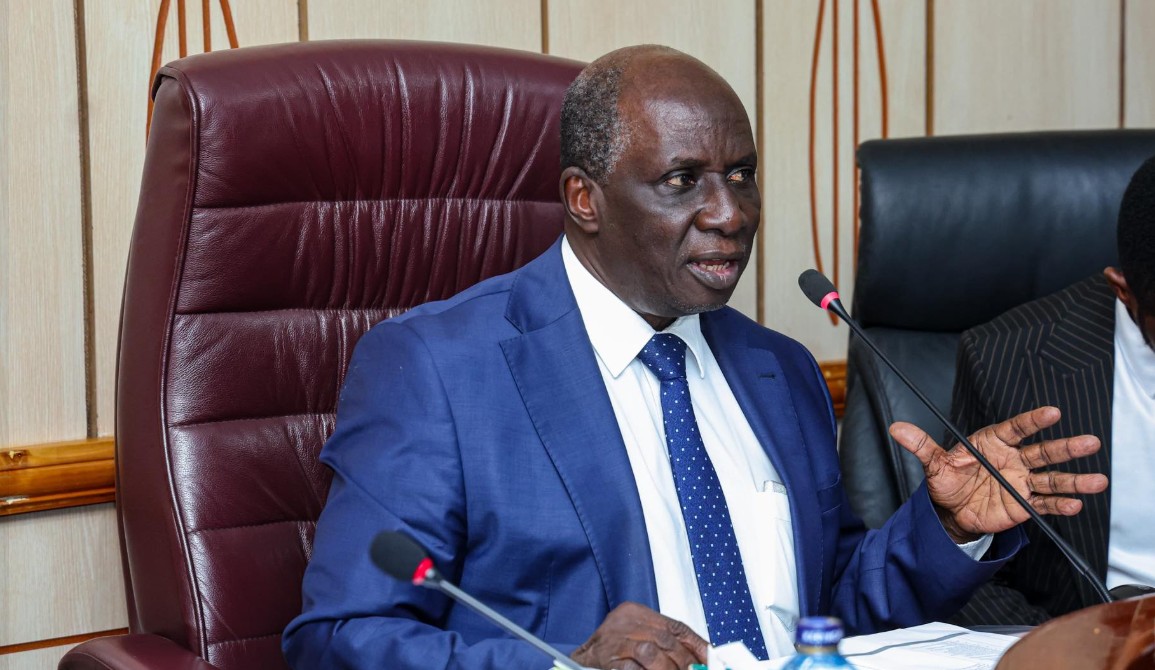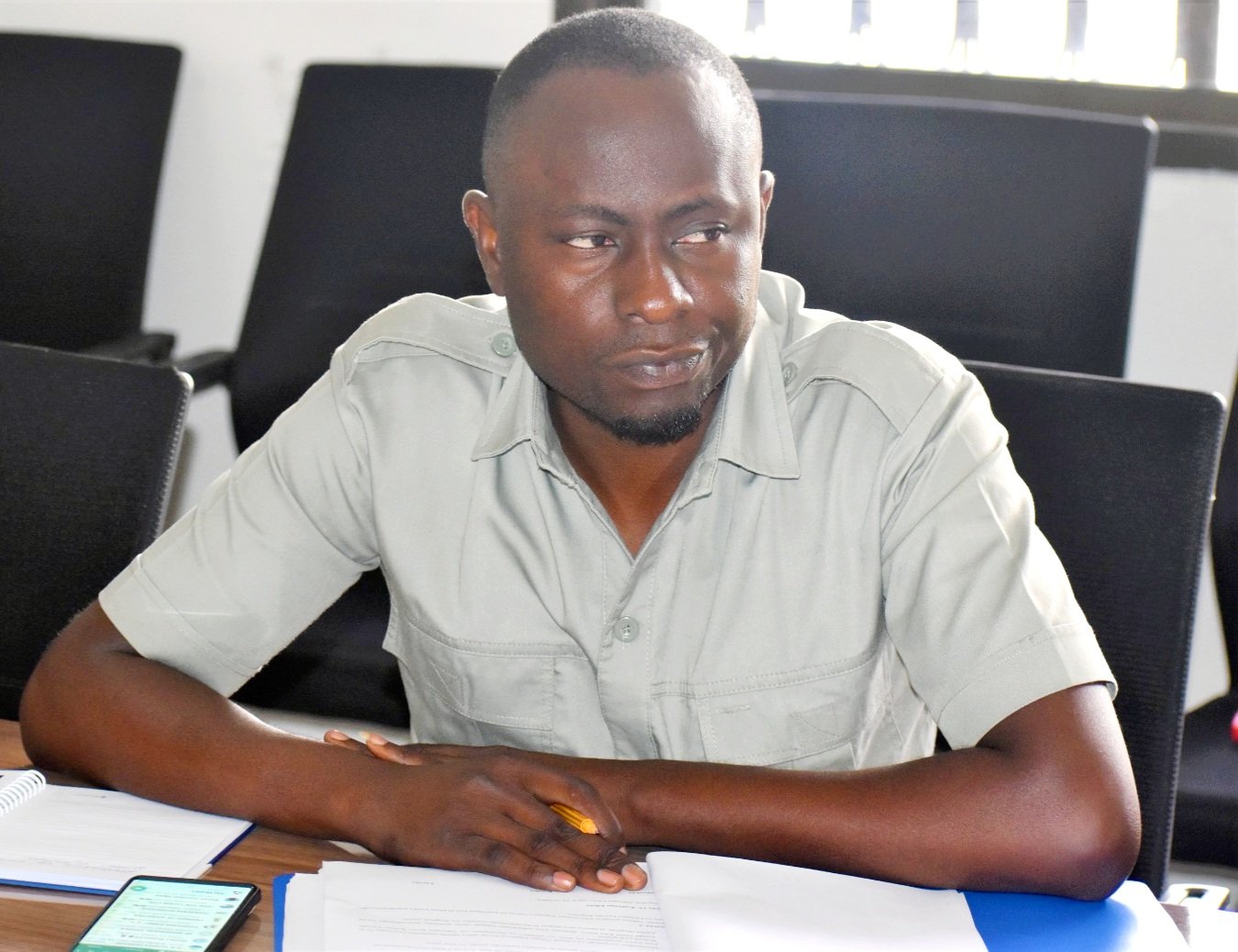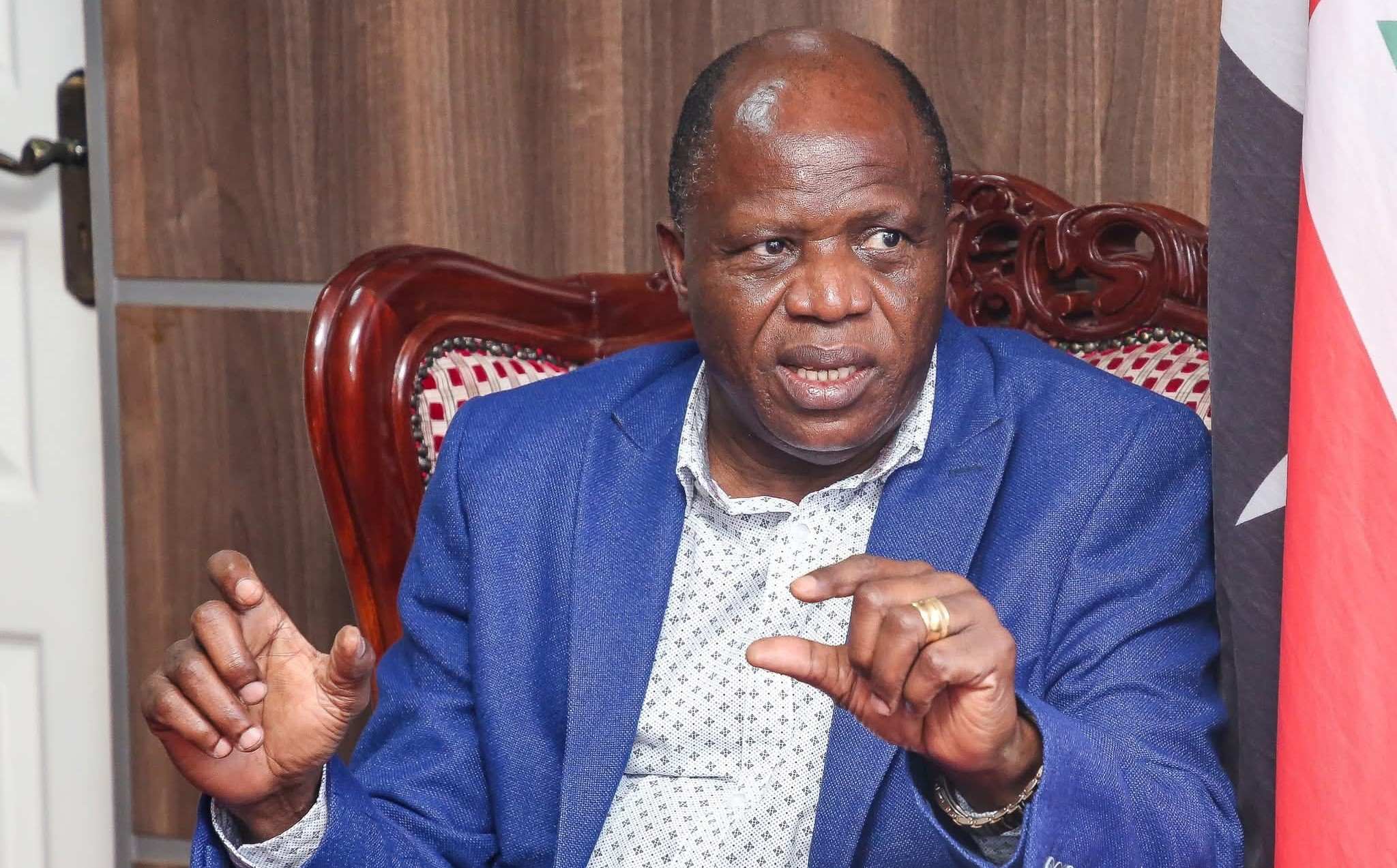Outdated organ transplant laws exposing Kenyans to exploitation, MPs told

The Health Committee, chaired by Seme MP Dr James Nyikal, was encouraged to spearhead the development of new legislation specifically for organ transplantation.
Kenya’s legal framework on organ transplantation is under fire, with police and health officials warning that outdated laws are leaving patients vulnerable to malpractice and exploitation.
During a parliamentary hearing on alleged unethical practices in kidney transplants at Mediheal Group of Hospitals, authorities highlighted gaps in the current system that make prosecution of offenders difficult.
More To Read
- Kidney transplant breakthrough could save thousands waiting for compatible donors
- Experts reject kidney harvesting claims, point to system failures
- MPs hear harrowing testimonies of kidney trafficking in Uasin Gishu
- MPs launch probe into kidney transplants on foreign nationals in Eldoret hospitals
- Mediheal founder faces prosecution, deportation over kidney transplant cases– CS Duale
- We’ll seize property linked to alcohol and drug crimes, declares CS Murkomen
Uasin Gishu County Police Commander Benjamin Mwathi, on Friday, told the National Assembly Departmental Committee on Health that the Ministry of Health currently relies on a policy governing tissue and organ transplants that lacks the force of law.
“What is happening now is that the Ministry of Health is operating on a policy that is not anchored in law. As far as kidney transplants are concerned, this leaves serious gaps that can lead to exploitation,” he said.
Mwathi explained that while Kenya’s Health Act provides for organ transplantation, cases involving organ trafficking are handled under the Counter-Trafficking in Persons Act.
However, the law narrowly defines exploitation as actions involving force, coercion, deception, or abuse of power, making it difficult to tackle commercialised organ trade and so-called “organ tourism.”
“The law is not flexible enough to deal with these emerging challenges,” the police commander added, noting that the Penal Code’s Section 167, which addresses disease-related offences, has also become outdated.
He urged parliament to update the legal framework to better protect patients and ensure accountability in the health sector.
The committee, chaired by Seme MP, Dr James Nyikal, was encouraged to spearhead the development of new legislation specifically for organ transplantation.
“Most of the cases collapse in court because of evidentiary challenges. There is a need for a clear and updated law to safeguard patients and prevent exploitation,” Mwathi said, calling for collaboration with the committee’s legal and research teams to create stronger legislation.
The warnings come amid a broader parliamentary inquiry into alleged malpractice and illegal organ harvesting in Kenyan hospitals, with MPs pressing for stricter oversight and improved regulatory mechanisms.
Top Stories Today













































